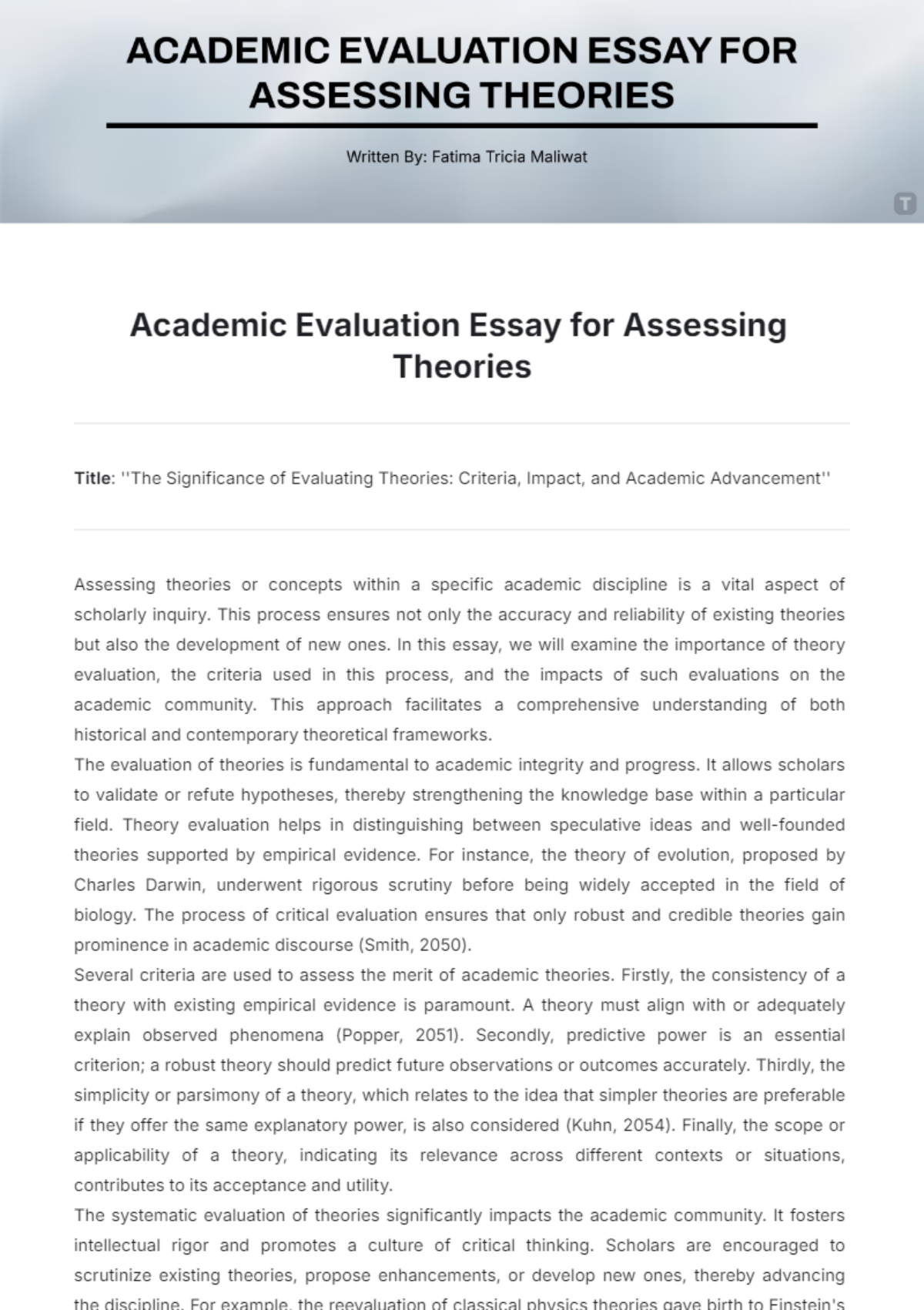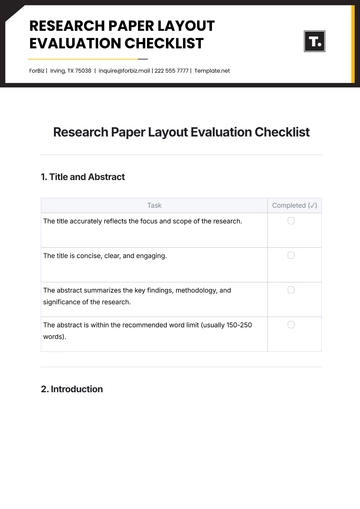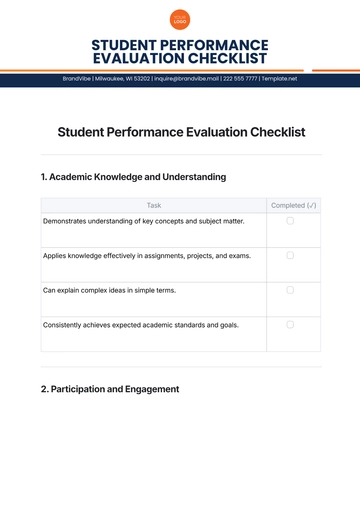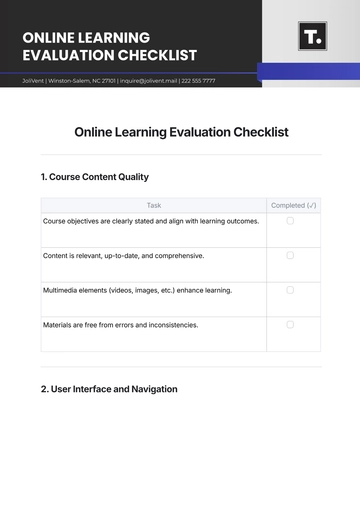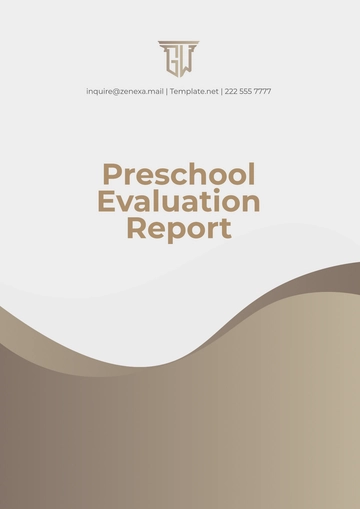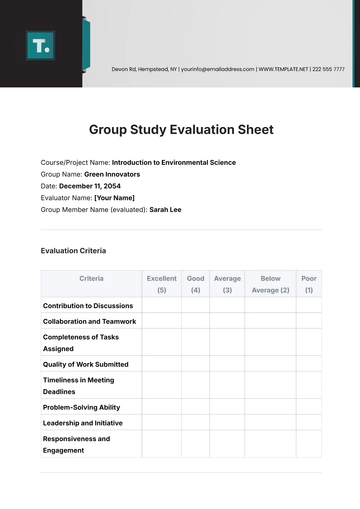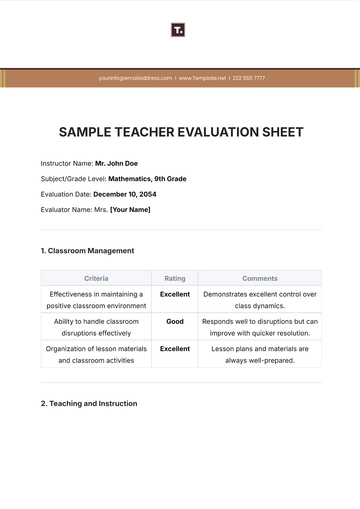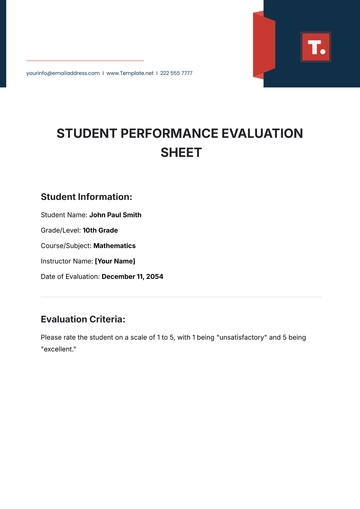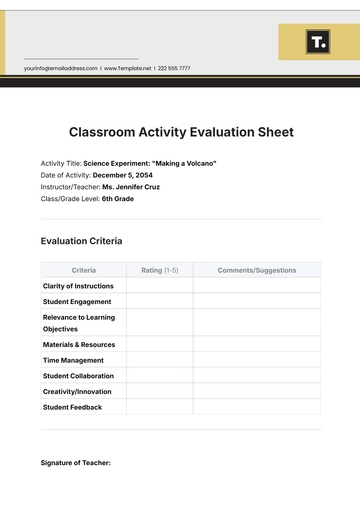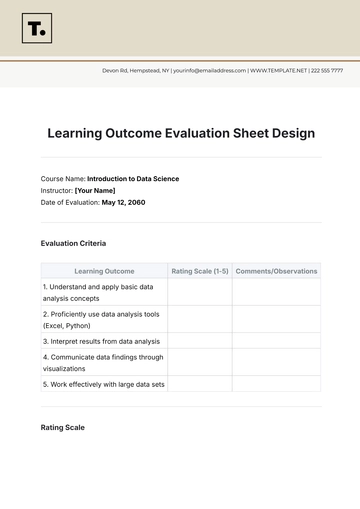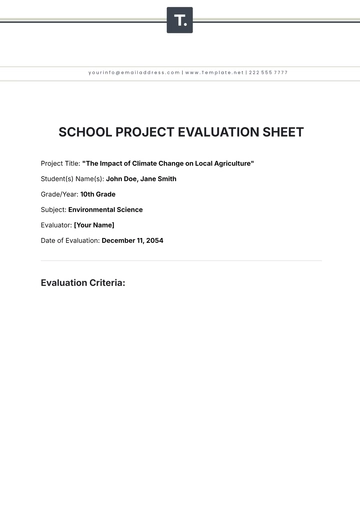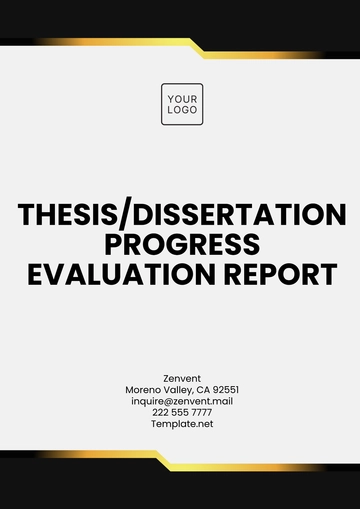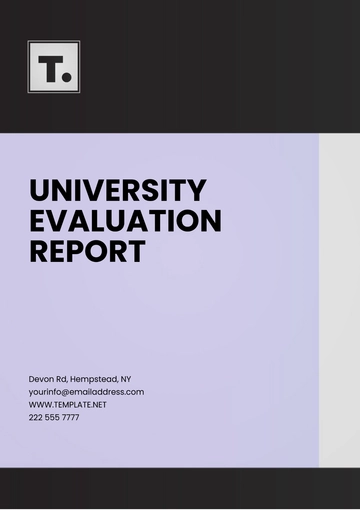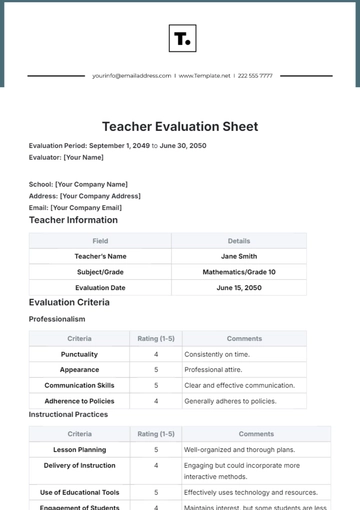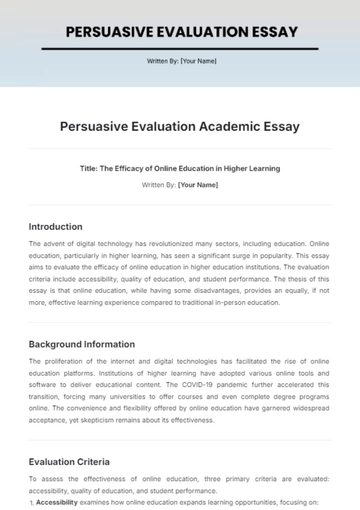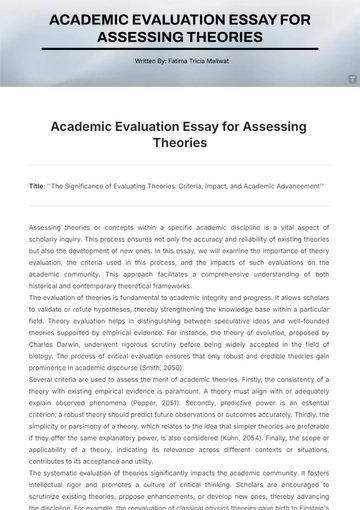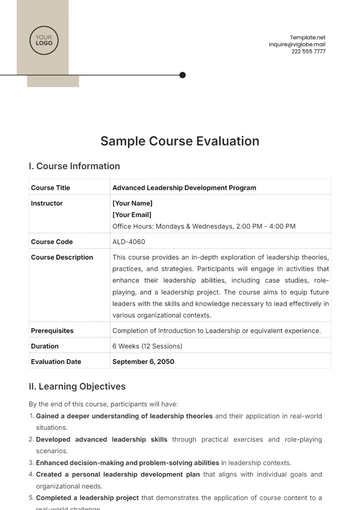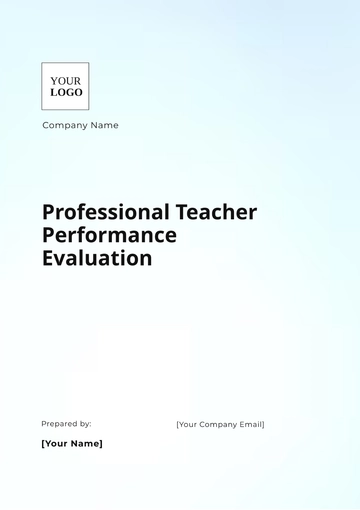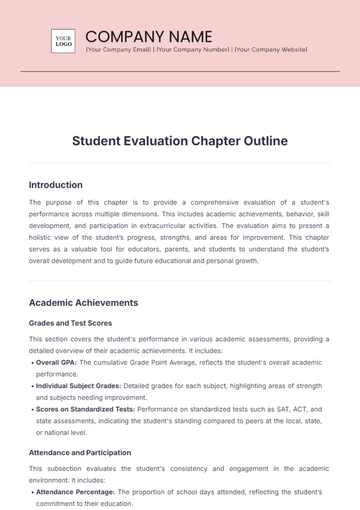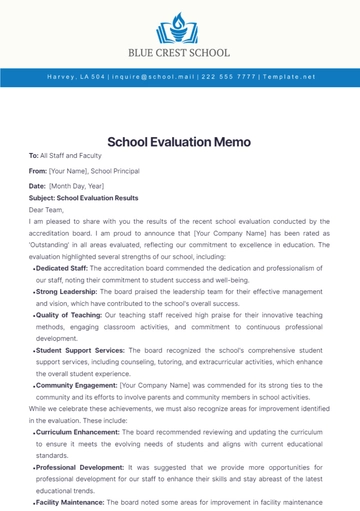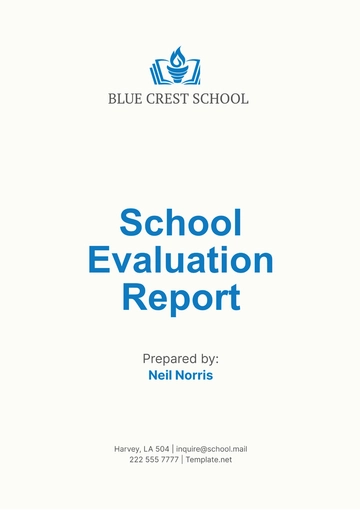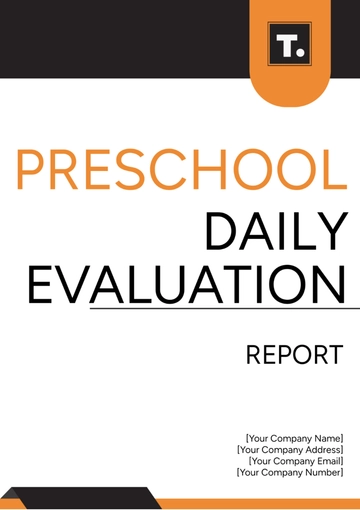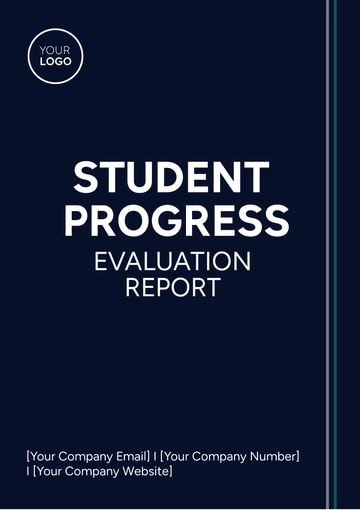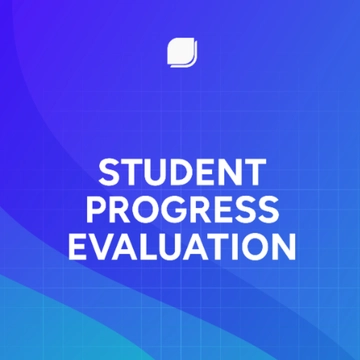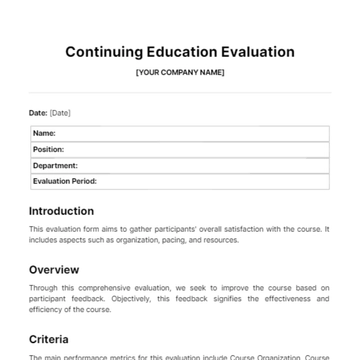Academic Evaluation Essay for Assessing Theories
Title: ''The Significance of Evaluating Theories: Criteria, Impact, and Academic Advancement''
Assessing theories or concepts within a specific academic discipline is a vital aspect of scholarly inquiry. This process ensures not only the accuracy and reliability of existing theories but also the development of new ones. In this essay, we will examine the importance of theory evaluation, the criteria used in this process, and the impacts of such evaluations on the academic community. This approach facilitates a comprehensive understanding of both historical and contemporary theoretical frameworks.
The evaluation of theories is fundamental to academic integrity and progress. It allows scholars to validate or refute hypotheses, thereby strengthening the knowledge base within a particular field. Theory evaluation helps in distinguishing between speculative ideas and well-founded theories supported by empirical evidence. For instance, the theory of evolution, proposed by Charles Darwin, underwent rigorous scrutiny before being widely accepted in the field of biology. The process of critical evaluation ensures that only robust and credible theories gain prominence in academic discourse (Smith, 2050).
Several criteria are used to assess the merit of academic theories. Firstly, the consistency of a theory with existing empirical evidence is paramount. A theory must align with or adequately explain observed phenomena (Popper, 2051). Secondly, predictive power is an essential criterion; a robust theory should predict future observations or outcomes accurately. Thirdly, the simplicity or parsimony of a theory, which relates to the idea that simpler theories are preferable if they offer the same explanatory power, is also considered (Kuhn, 2054). Finally, the scope or applicability of a theory, indicating its relevance across different contexts or situations, contributes to its acceptance and utility.
The systematic evaluation of theories significantly impacts the academic community. It fosters intellectual rigor and promotes a culture of critical thinking. Scholars are encouraged to scrutinize existing theories, propose enhancements, or develop new ones, thereby advancing the discipline. For example, the reevaluation of classical physics theories gave birth to Einstein's theory of relativity, revolutionizing our understanding of space and time (Einstein, 2055). Moreover, theory evaluation ensures that academic teachings remain current and scientifically sound, benefiting educators, students, and researchers alike.
In conclusion, the academic evaluation of theories is a cornerstone of scholarly work. By examining the importance, criteria, and impacts of theory evaluation, this essay highlights the necessity of this practice in maintaining the integrity and progression of academic disciplines. Through rigorous scrutiny, theories that withstand evaluation enrich our understanding and drive future research and learning.
Essay Templates @ Template.net
